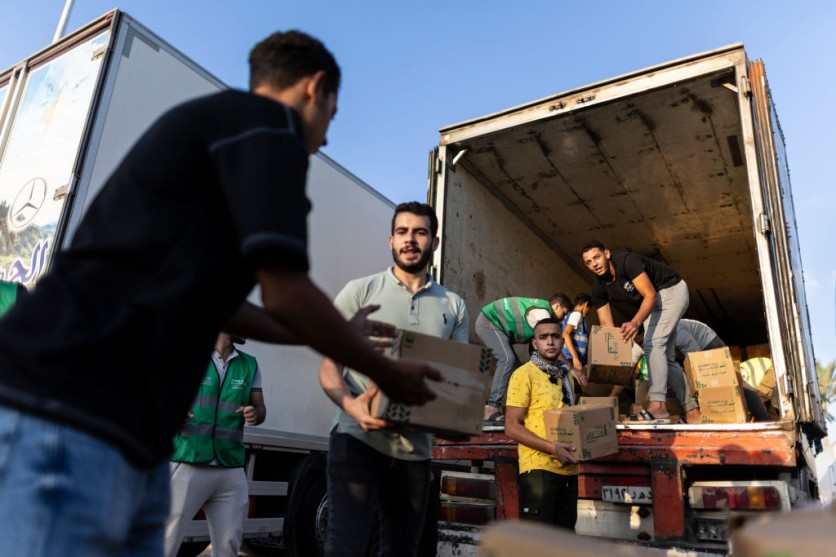
Water shortages in Gaza are raising worries about health and sanitation. According to Philippe Lazzarini, head of the United Nations agency for Palestinians, the potable water supply in the Gaza Strip is "running out."
"Gaza is running out of life," Lazzarini said, as quoted in an AP News report.
Gaza gets its water from wells, an Israeli pipeline, and Mediterranean Sea desalination plants. However, Israel shutting off water, fuel, and power after Hamas strikes has drastically reduced these supplies.
The United Nations considers clean water a human right as good health requires drinking adequate water as the body needs it to survive. Columbia University emergency physician Dr. Tsion Firew stressed the need for hydration and said that water is the most significant thing that the body needs to maintain health "next to air."
Lack of clean water amid the Israel-Hamas War increases dehydration and health concerns. Children, seniors, and medical patients are most at risk. Dizziness, fatigue, confusion, organ failure, and mortality can result from dehydration. Unclean water causes cholera and dysentery and hinders sanitation. Polluted water causes diarrhea, the leading cause of mortality for children under five worldwide.
Moreover, clean water is needed in hospital wards, operating rooms, and emergency departments. The WHO emphasizes the use of water in lowering outbreaks and diseases linked to hospitals.
Gaza Already Facing Water Problems Before Israel-Hamas War
Gaza, which has one of the densest populations on earth, experiences water problems with no clear solution. Moreover, Reuters reported that Gaza's border with Egypt has prohibited refugees from fleeing the war, making the situation worse for civilians.
Tech Companies Raise Funds for Orphaned Children
In related news, the Israeli Children's Fund aims to raise $100 million for children who lost one or both parents in Hamas's strikes on southern Israel. According to The Times of Israel, Israeli technology company founders, business owners, and venture capitalists established the fund.
The group is comprised of Amit Rosenzweig, founder of Ottopia; Tomer Levy, CEO of AI startup Logz.io; and Michelle Latzer, co-founder and CEO of fintech company Tweed. Other partners include Tom Livne, CEO of tech unicorn Verbit, and Eyal Niv, a partner in Israeli venture capital firm Pitango.
The Israeli Children's Fund demonstrates the coordinated effort in the tech sector to help the children impacted by the Israel-Hamas war.

ⓒ 2026 TECHTIMES.com All rights reserved. Do not reproduce without permission.




